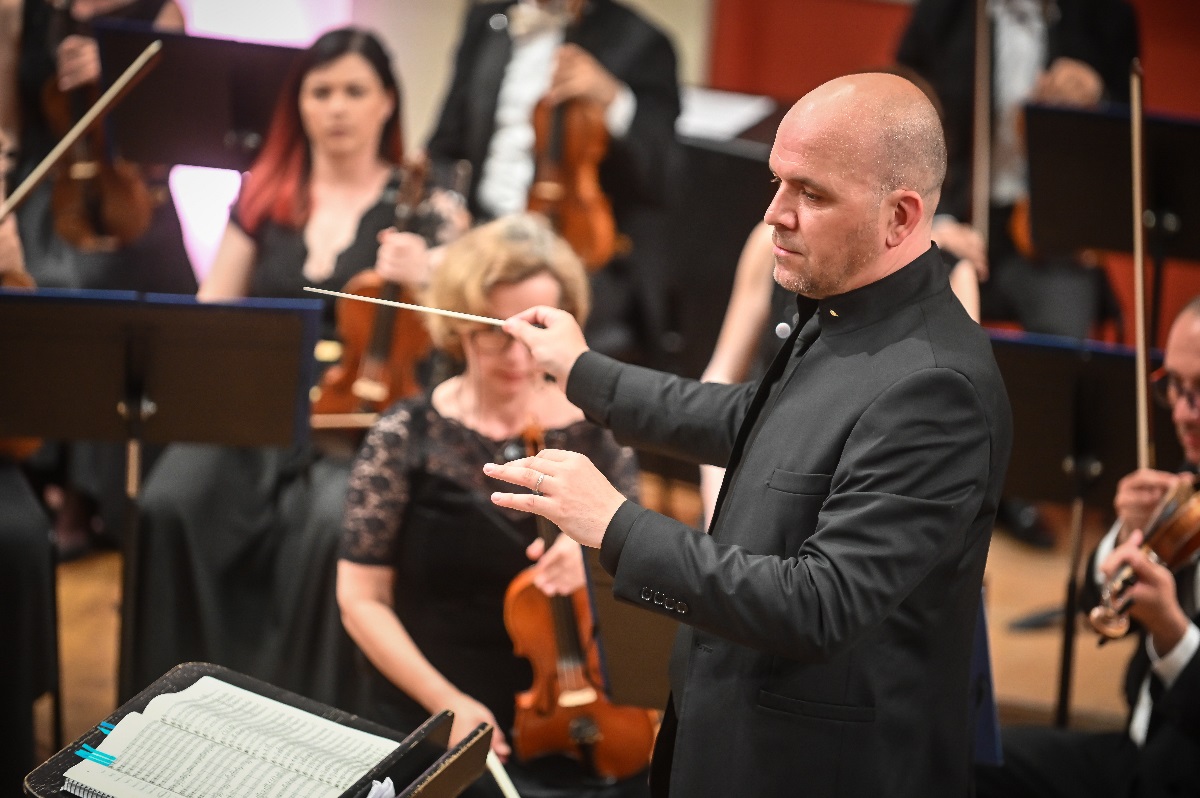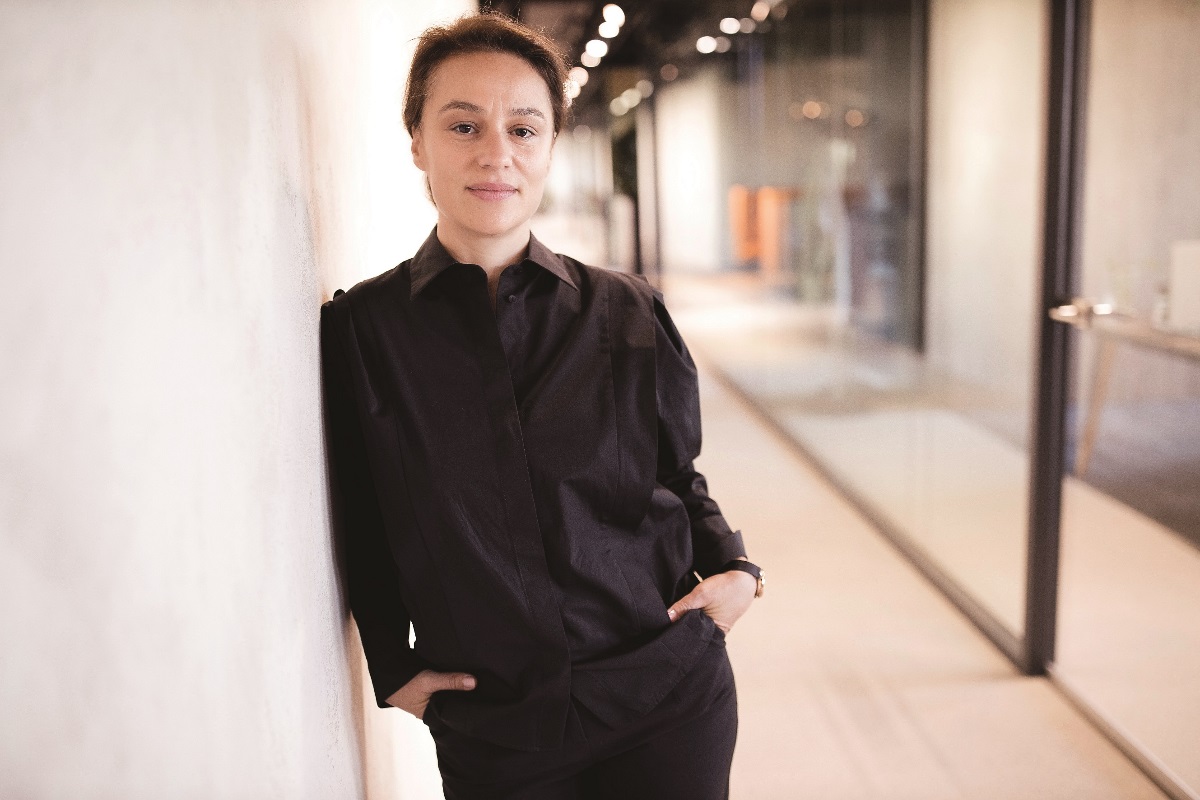
Chef Jakob Hausmann: In this profession, to be successful, you need to create an identity that combines the creativity of your menus and the originality of your recipes with the decor and design of the venue
Chef Jakob Hausmann is a well-known culinary expert, appreciated for his creativity and mastery in the kitchen. His passion for cooking and multiple specialisations, whether in molecular gastronomy or fusion cuisine, have won him numerous awards over the years. Born in Switzerland, where he graduated from culinary school, Jakob Hausmann had his first contact with Romania in the 1990s and subsequently consolidated his career on the local market. In an interview with TheBizz Magazine, he talks, among other things, about the evolution of Romanian cuisine and the profile of the Romanian customer, the challenges and opportunities of the industry and the projects he is currently involved in.
You are one of the most renowned Chefs in Romania and have witnessed the evolution of the local culinary scene over the past decades. How would you describe the current state of the Romanian market, what are the challenges and opportunities for development?
The current situation is different from capital to province; there are still many traditional restaurants with old menu styles and recipes.
But modern restaurants with new technologies and European cooking styles have also opened in the countryside. In the big cities you can find all kinds of restaurants, from those that are more than 50 years old to those that are new, with modern concepts.
The challenges and the chance to become better relate not only to kitchens, but also to those working in the field. It depends on their training and, of course, on their desire to evolve, to become better.
Local consumer habits and tastes play an important role in shaping a Chef’s profile. How have you adapted your culinary approach to meet the preferences of Romanian customers?
You’re right, the profile of a Chef is determined by the typology of the customer, the country and the taste of the consumer in general. As far as I’m concerned, I don’t think that was the case. Being a Swiss Chef, I didn’t want to bring Romanian tastes into the kitchen, but to introduce the tastes and flavours of Swiss cuisine. To do this, I have used Swiss ingredients, technologies and cooking methods, maintained a high standard of quality and thus attracted and accustomed my customers. Whoever liked my food came back!
What are the biggest differences between the profile of the Romanian customer and the one in Switzerland, the country where you were born and where you perfected your culinary skills?
A customer is a customer, regardless of the country. The difference occurs when they have some experience in the field of gastronomy, with which they come to your restaurant.
Twenty-five years ago, the experience of the Romanian customer was not as extensive as it is today. An example: when I cooked a cheese fondue, they assumed that the taste I gave to the dish was the correct one, because they couldn’t tell the difference. Today, things are different: customers already know what a cheese fondue tastes like, because they have experienced it, even in Switzerland.
For this reason, it has been very important for me to always cook original dishes with original ingredients as best as I can. I love those moments when customers who have just returned from Switzerland stop by, and after eating they say with a smile “it tastes just like Switzerland”.
Sustainability and responsible consumption are growing trends globally. To what extent are these principles reflected in local gastronomy?
For these trends to coexist in local gastronomy, two conditions have to be met. The first is that of the customer, who should be willing to respect and follow these principles and eat local products. If they want strawberries in December, strawberries should be served, even if they are not in season. For me, strawberries are on the menu when they’re in season.
The second is that of the restaurant owner, and by extension the chef, who must have the necessary know-how, understand what these two principles mean and adapt the restaurant menu accordingly. Even to find an alternative for customers who have other preferences than what is on the menu, to find alternatives in your own offer that meet the requirements of these customers. And this is a problem in local cuisine, openness to flexibility.
Romanian cuisine has a rich culinary heritage. How do you manage to find a balance between honouring traditional Romanian dishes and, at the same time, infusing your own creative flair and contemporary influences into the dishes you cook?
I don’t have Romanian dishes in my kitchen, I have always kept a European line and Swiss dishes. But I have the same level of challenge in Swiss cuisine, because it has a lot of traditional dishes, which I have to adapt to modern ways of cooking so that it fits in with the fusion trend in contemporary cuisine.
For me, it’s still a challenge to find room in the kitchen to use as many local ingredients as possible in the dishes I cook.
What are the most important projects you are currently involved in? Looking ahead, are there any new collaborations or specific objectives that you propose to pursue on the Romanian market?
At the moment, I have several different projects. A self-service restaurant in the northern part of the country, a garden barbeque place, as well as a modern-style bistro in Bucharest. This is where I will bring some novelties, which are not yet present on the Romanian market. At this bistro, the food will be as important as the socialising, a perfect balance between the pleasure of meeting friends and the flavour of the food served.
As a prominent figure in the local gastronomic landscape, what advice would you give to young professionals starting out in the industry, especially to those who want to make a name for themselves in Romania?
In this profession, to be successful, you have to forge your own path, to create an identity that combines the creativity of your menus and the originality of your recipes with the decor and design of the venue where you work. I personally have had success with Swiss cuisine as it is perfectly in line with my personality. I know Italian, Lebanese and Asian restaurants that do the same and are successful.
This reinforces my belief that venues are sought after where not only the food is important, but also the atmosphere that compliments this whole picture.
Interview by Ioan Dornescu
Share
Share















